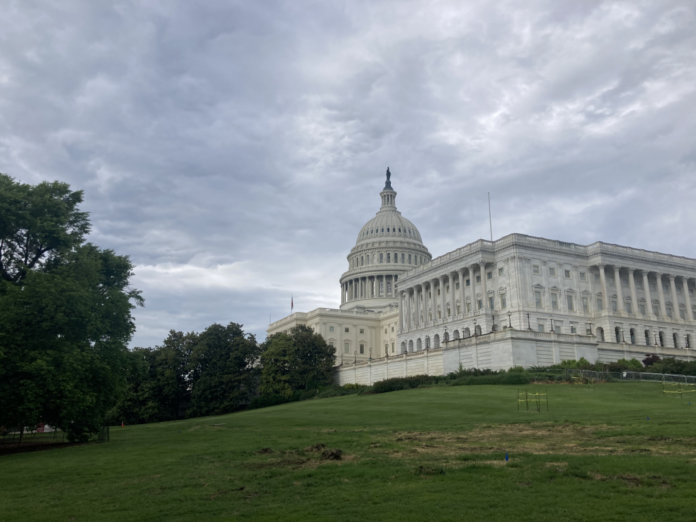In a significant move to reassert congressional authority over military actions, the U.S. House of Representatives voted on September 10, 2025, to curb presidential war powers by repealing outdated Authorizations for Use of Military Force (AUMFs) tied to the 1991 Gulf War and the 2003 Iraq War. The amendment, attached to the National Defense Authorization Act (NDAA), passed with a bipartisan majority of 261 to 167, highlighting growing concerns over the expansion of executive military authority without congressional oversight.

The repeal specifically targets the AUMFs that critics argue have been repeatedly invoked to justify military operations far beyond their original scope. By rescinding these authorizations, Congress aims to reclaim its constitutional role in declaring war and approving military engagements, ensuring that future military actions reflect the will of the legislative branch rather than unilateral executive decisions. The effort was sponsored by Representative Chip Roy, a Republican from Texas, and Representative Gregory Meeks, a Democrat from New York, demonstrating a rare cross-party collaboration on issues of war powers and executive authority.
New Jersey’s congressional delegation voted strictly along party lines. All six Democratic representatives supported the amendment, aligning with the effort to reinforce legislative oversight, while all three Republican representatives opposed it, citing concerns about limiting the president’s flexibility to respond to emerging threats. The vote underscores the ideological divide within the state’s delegation on matters of national security and executive power.
The timing of the House vote reflects growing scrutiny over recent military actions taken by the president, including a September strike on a suspected drug-smuggling vessel in the Caribbean. Critics argued that these operations were conducted without adequate consultation with Congress, reigniting debates about the balance of power between the legislative and executive branches. Proponents of the repeal assert that the move is necessary to prevent the president from leveraging decades-old authorizations to conduct operations without proper oversight.
As the amendment moves forward, it will enter negotiations between the House and Senate as part of the broader defense policy framework outlined in the NDAA. Lawmakers and analysts anticipate rigorous discussions over how the repeal will be incorporated into the final bill, with potential implications for U.S. military strategy and the relationship between Congress and the executive branch.
For readers seeking updates on legislative actions, congressional oversight, and political developments in New Jersey, additional coverage and analysis can be found at Explore New Jersey Politics.












